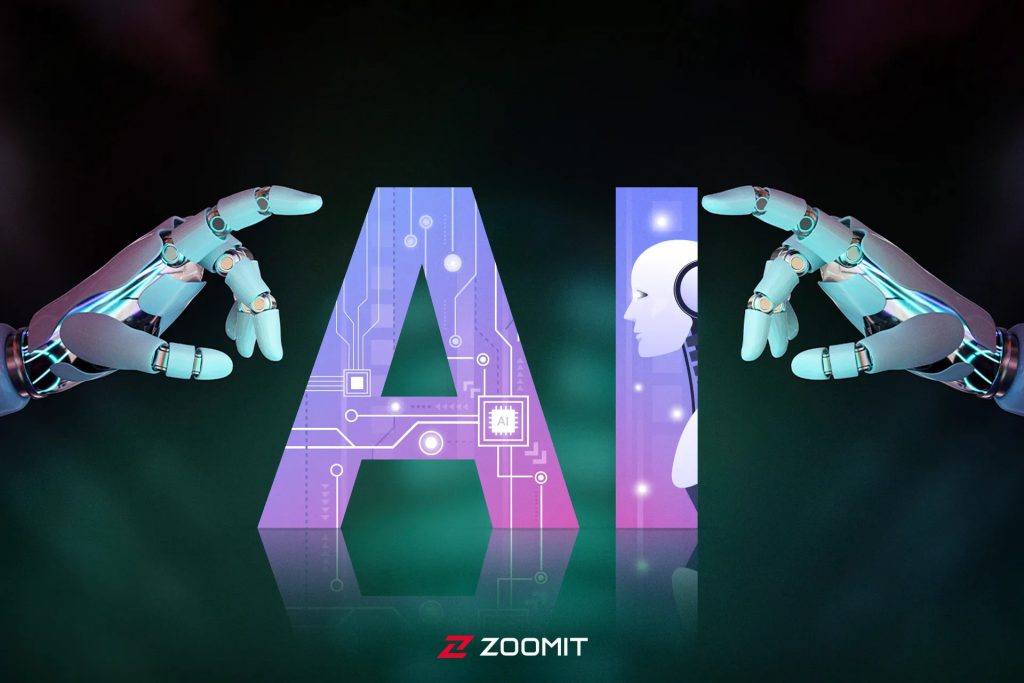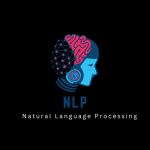What is artificial intelligence?

What is artificial intelligence? Everything we need to know about ChatGPT and Dall-E technology
From ChatGPT to DALL-E and the new Bing, these are all based on artificial intelligence. But what exactly is AI, and how do the recent wonders of technology work?
Nowadays, everyone is talking about artificial intelligence (AI). “Unsolvable” problems are being solved; people with no knowledge of coding, music composition, or design are using AI to create websites, music, and amazing art in just a few seconds. Major companies are investing billions of dollars in AI projects, and Microsoft, by bringing the ChatGPT chatbot to Bing, is trying to revolutionize how we search the internet and possibly even disrupt the entire structure of the web in the near future.
Understanding artificial intelligence can be confusing, just like any new technology that comes with media hype and attention. Even AI experts often struggle to keep up with the rapid developments in this field.
In the realm of AI, a series of questions are frequently asked, such as: What exactly does artificial intelligence mean? What’s the difference between AI, machine learning, and deep learning? Which tough problems are now easily solvable, and which ones are still beyond AI’s reach? And perhaps the most popular question: Will AI bring about the end of the world?
If you’re curious about why all the excitement and hype around AI, and if you’d like to learn the answers to these questions in simple terms, join us as we take a look behind the scenes of this mysterious and powerful technology.
What is Artificial Intelligence?
The term “Artificial Intelligence” (AI) is used to describe a system that can perform cognitive activities associated with the human mind, such as “learning” and “problem-solving,” as well as or even better than humans. However, in most cases, what we recognize as AI is actually “automation,” or the process of automating tasks. To better understand AI, it’s important to first differentiate it from automation.
There’s an old joke in computer science that says automation is doing things that we can already do with a computer, whereas AI is doing things we wish we could do with a computer. In other words, once we figure out how to do something with a computer, it moves out of the realm of AI and into the field of automation.
The reason for this joke is that AI doesn’t have a precise definition, and it’s not even a technical term. If you look at Wikipedia, you’ll read that AI is “intelligence exhibited by machines, in contrast to natural intelligence exhibited by animals, including humans.” So, it’s a definition that is as vague and broad as this.
In general, there are two types of AI: strong AI and weak AI.
What we have seen from artificial intelligence so far is weak artificial intelligenceIn contrast, weak artificial intelligence are highly specialized algorithms that are designed to answer specific, useful questions and are limited to the same problem; Like Google and Bing search engine, Netflix movie recommendation algorithm or even Siri and Google Assistant voice assistant. These AI models are very impressive in their level, although their efficiency is limited.
But if we set aside Hollywood sci-fi movies, we are still far from achieving strong artificial intelligence. Currently, all the AI systems we know are of the weak type, and some researchers believe that the methods used so far for developing weak AI will not be applicable in the development of strong AI. However, if you ask the employees at OpenAI, the creators of the popular ChatGPT chatbot, they will tell you that they believe strong AI can be achieved within the next 13 years using the same methods that are currently known!
Article
Artificial Intelligence in Elementor
- 16 November 2024
The best free AI sites
- 16 November 2024
What is artificial intelligence?
- 16 November 2024
Categories
- blog3
Contacts
- Iran, Ahvaz, Kian Abad, 28th East Street, No. 12
- 021000000
- info@test.com
Working Hours
10:00 AM - 6:00 PM
10:00 AM - 6:00 PM
10:00 AM - 6:00 PM
10:00 AM - 6:00 PM
10:00 AM - 6:00 PM
10:00 AM - 6:00 PM
Closed







